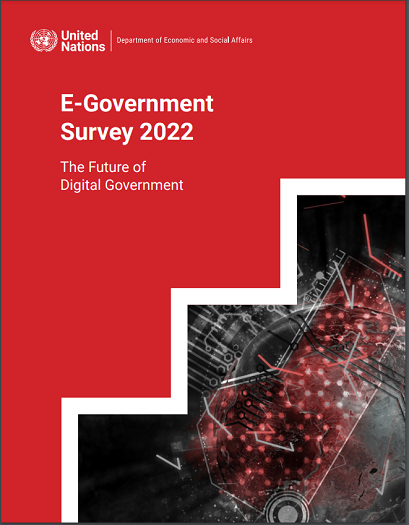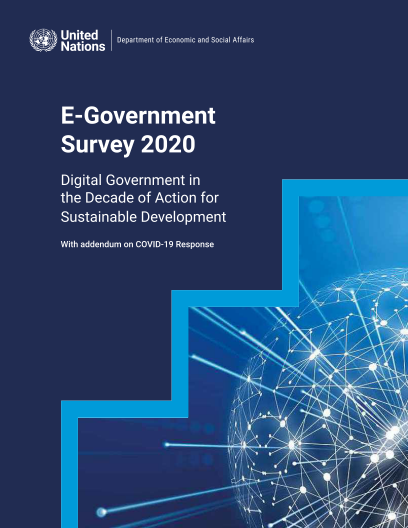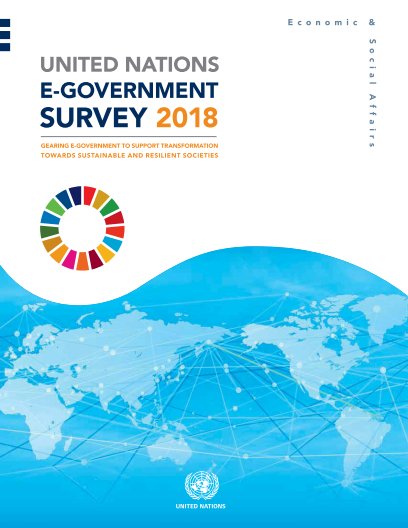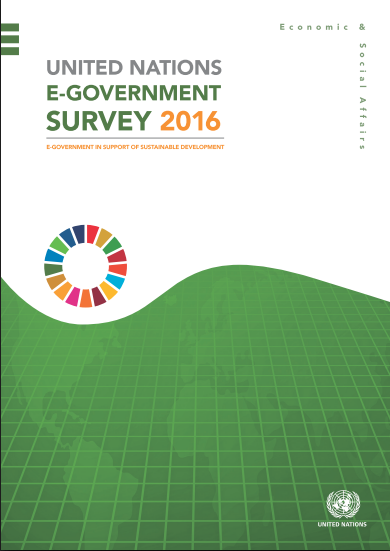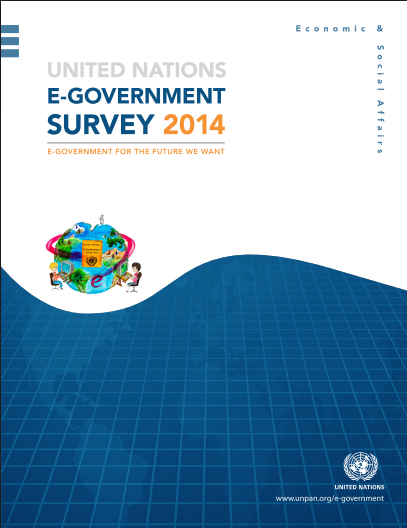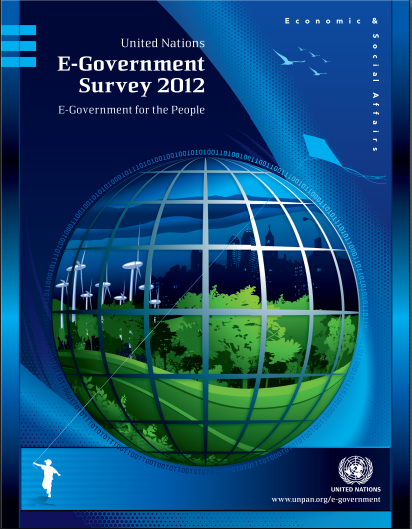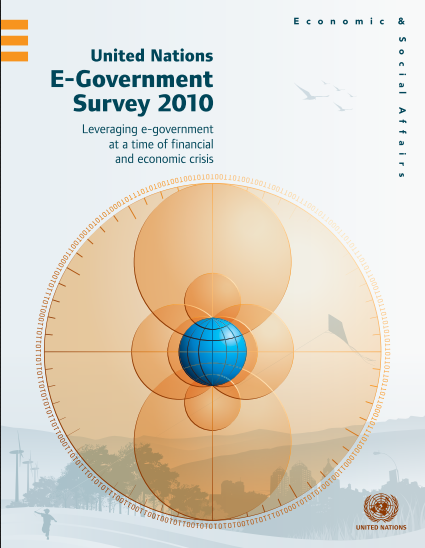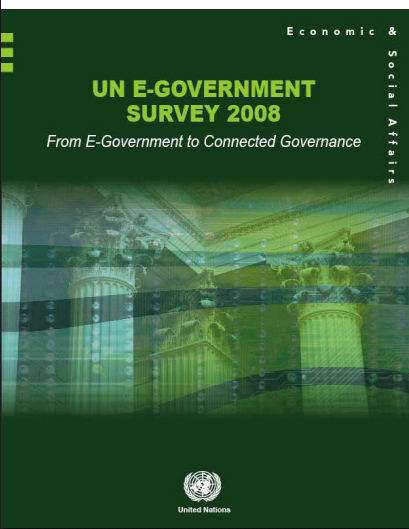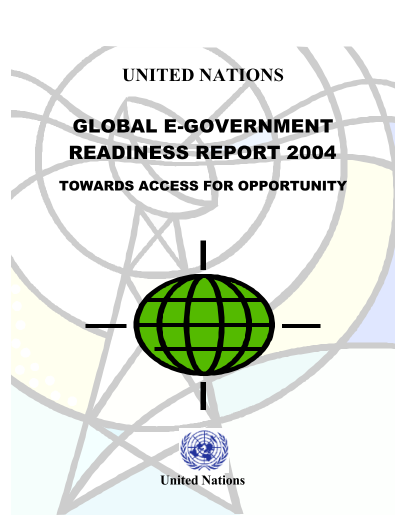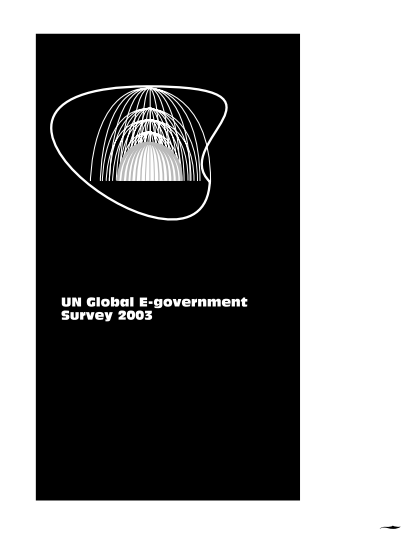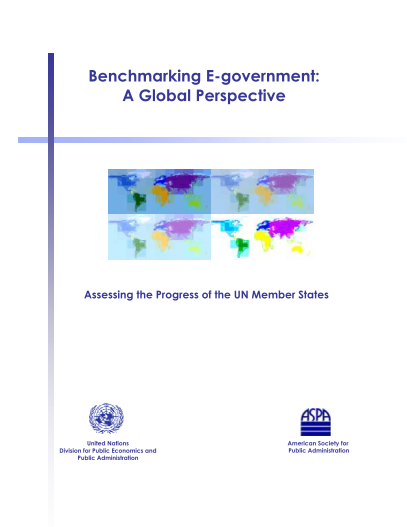Birleşmiş Milletler e-Devlet Gelişmişlik Endeksi Raporları
HIZLI ERİŞİM
2022: The Future of Digital Government
2020: Digital Government in the Decade of Action for Sustainable Development
2018: Gearing e-Government to Support Transformation towards Sustainable and Resilient Socities
2016: e-Government in Support of Sustainable Development
2014: e-Government for the Future We Want
2012: e-Government for the People
2010: Leveraging e-Government at a time of Financial and Economic Crisis
2008: From e-Government to Connected Governance
2005: From e-Government to e-Inclusion
2004: Towards Access for Opportunity
2003: UN Global e-Government Survey 2003
2001: Benchmarking e-Government: A Global Perspective
Source: UNDESA eGov Surveys
BİRLEŞMİŞ MİLLETLER - "WORLD PUBLIC SECTOR REPORTS"
2021:
Full Report
Concept Note for WPSR 2021
Advancd Unedited Version
Governance & Covid-19 Background Paper for the 2021 SDG16 Conference
2019: Sustainable Development Goal 16: Focus on Public Institutions
2018: Working Together: Integration, Institutions and the Sustainable Development Goals
2015: Responsive and Accountable Public Governance
2010: Reconstructing Public Administration after Conflict: Challenges, Practices and Lessons Learned
2008: People Matter - Civic Engagement in Public Governance
2005: Unlocking the Human Potential for Public Sector Performance
2003: E-Government at the Crossroads
2001: Globalization and the State
Source: UN WPSR
